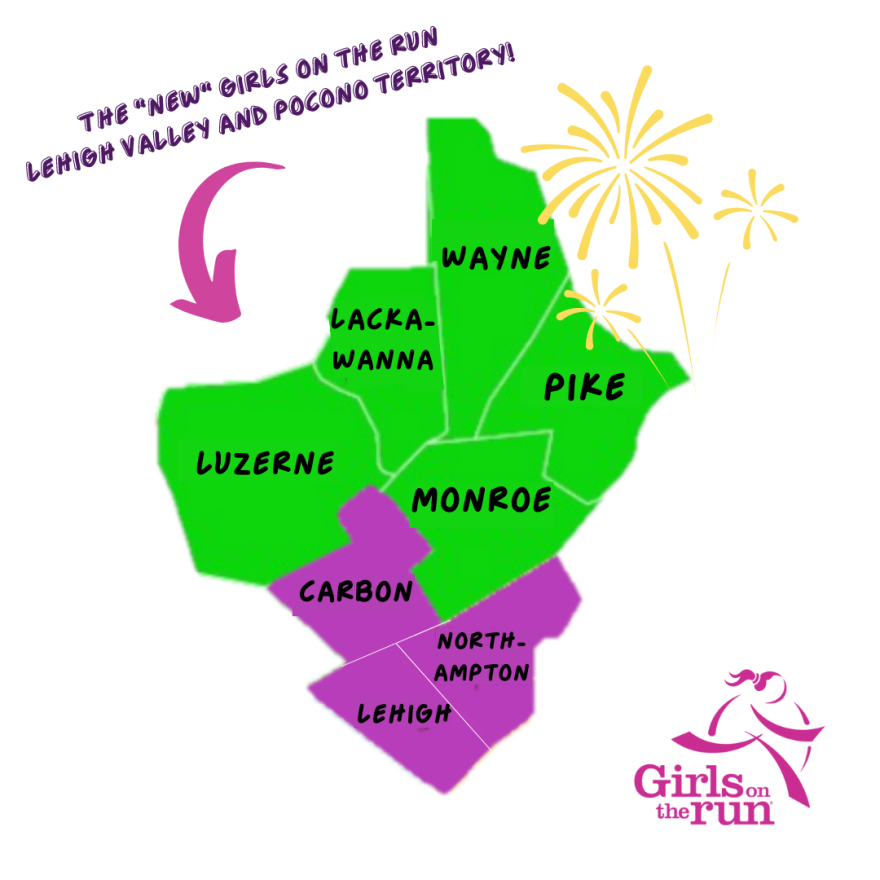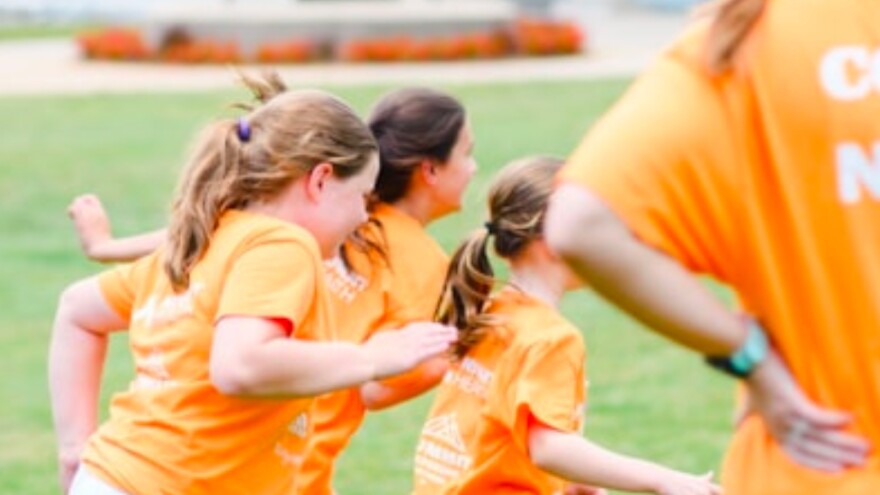BETHLEHEM, Pa. — The Lehigh Valley and Pocono chapters of Girls on the Run will merge, according to a news release.
The new council will be named Girls on the Run Lehigh Valley and Pocono. The merger is intended to help the organization serve more girls in northeastern Pennsylvania.
- Starting July 1, the Girls on the Run Lehigh Valley and Pocono chapters are merging together
- The organization hopes the move will allow them to serve more girls in northeastern Pennsylvania
- Its goal is to strengthen the confidence of girls at a time when they start to feel the pressures of society, and emphasize the connection between physical and emotional health
The new organization will serve the counties of Northampton, Lehigh, Carbon, Monroe, Pike, Wayne, Lackawanna and Luzerne.
In addition to building infrastructure to expand to new sites, the organization hopes to expand its programming and scholarship opportunities.
It started in the Poconos in 2002.
Over the past two decades, over 8,000 girls in Northampton, Monroe, Pike, Wayne, Lackawanna and Luzerne counties have participated in Girls on the Run programs.Girls on the Run written release
Over the past two decades, over 8,000 girls in Northampton, Monroe, Pike, Wayne, Lackawanna and Luzerne counties have participated in Girls on the Run programs.
The program aims to teach third to eighth grades girls the social, emotional, physical and behavioral skills to navigate life challenges, and strengthen their confidence at a time when they start to feel the pressures of society. It also emphasizes the connection between physical and emotional health.
Dolores Everett, the former council director and founder of Girls on the Run Pocono will be stepping down after 21 years of service. Liz Fones, who is currently the executive director of Girls on the Run Lehigh Valley, will head both organizations.
Alison Fennell, Lynn Bensing, and Gretchen Henderson, Jessica Younker and Kasie Seymour will remain on staff at the new organization.

Nationally, Girls on the Run serves nearly 200,000 girls ages 8 to 13 each year. Since its launch in 1996, 2 million girls have participated in the program.
A longitudinal study by the University of Minnesota found the effects of the program last well beyond the eighth grade. 97% of participants reported learning life skills like how to resolve conflict, help others or make intentional decisions. 94% of parents said it was a valuable experience for their child.

